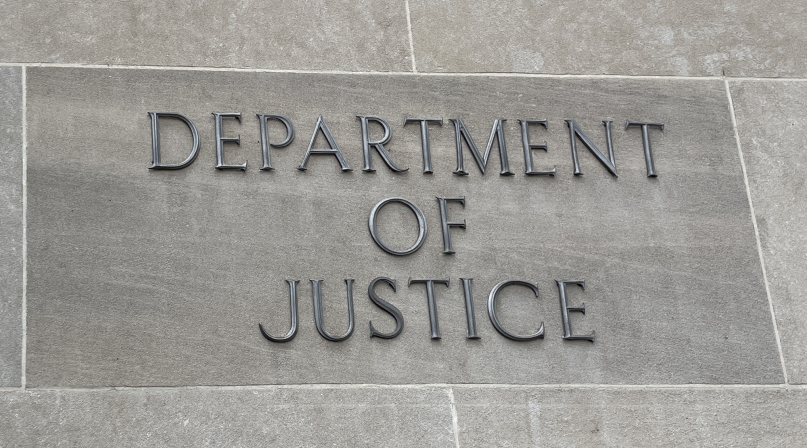DOJ terminates justice and public safety-focused grants
Author

Brett Mattson

Naomi Freel
Upcoming Events
Related News

Key Takeaways
On April 22, the U.S. Department of Justice’s (DOJ) largest grant-making arm—the Office of Justice Programs (OJP)—abruptly cancelled hundreds of grants awarded to county governments and other local jurisdictions and organizations. Approximately 365 grants have been identified for termination, which were estimated to be valued at $811 million at the time of awarding; it is unclear how much funding remained at the time of termination. The DOJ has indicated that the decision was based on a lack of alignment with the administration’s funding priorities. Affected grantees were given 30 days to appeal, with instructions to demonstrate how the funding termination would directly impact victims.
Read the Notice of Termination
Overview of the grant terminations
The terminated grants supported a wide range of public safety and criminal justice initiatives. Because OJP grants typically operate on a three-year cycle, many of the affected programs were midstream, making the cancellations especially disruptive. Grant recipients were directed to halt all funded activities and stop spending remaining federal funds.
Cancelled programs include efforts related to:
- Victim services, including support for survivors of domestic violence, sexual assault and human trafficking
- Mental health crisis response and opioid use interventions
- Community violence prevention and intervention
- Reentry services for individuals returning from incarceration
- Data collection and innovation in local justice systems
Impact on counties
Counties are key implementers of public safety and justice programs, operating 2,875 of our nation’s 3,160 local jails and serving as the primary funders and administrators of justice services including law enforcement, courts, diversion programs and reentry support. The recent DOJ grant terminations may have the following effects:
- Interrupted County Services: County-run programs addressing victim advocacy, mental health response, opioid intervention and other impacted areas may face reductions in staff, service availability or operational capacity.
- Challenges in Jail-Based and Reentry Programs: Counties often use federal grants to support in-jail services and transitional programs for individuals exiting incarceration. Terminations may disrupt these efforts and lead to increased recidivism or higher operational costs.
- Reduced Innovation and Data Work: Grants supporting local data systems or evidence-based practices may no longer receive funding, limiting counties’ ability to identify and implement innovative justice-based practices.
- Uneven Impact: Rural and under-resourced counties—many of which rely on federal support to provide foundational services—may experience the most significant effects, especially where state funding is limited.
County leaders are currently evaluating local impacts, pursuing appeals where applicable and identifying potential replacement funding sources to maintain continuity in essential justice and public safety programs.
Advocacy
HHS issues termination notices for health grant funding
On March 25, the U.S. Department of Health and Human Services (HHS) sent letters to state authorities and counties with direct grant funding announcing the immediate termination of several pandemic-related grants, which was previously set to run through September 2025.

Related News

Information-sharing bill could protect court workers
The Countering Threats and Attacks on Our Judges Act could provide more than 30,000 state and local judges with access to security assessments, best practices and a database of threats made against colleagues in the justice field.

California counties fight agricultural crime
Sheriffs' offices and prosecutors in California's central valley make specific efforts to prevent and prosecute crimes against the agricultural community.

After historic winter storms, counties assess response
Counties in states that rarely receive much winter weather are assessing their responses to the January storm that left many covered in snow and ice.